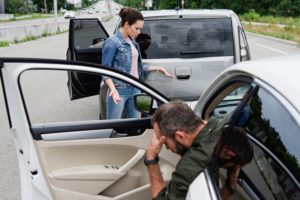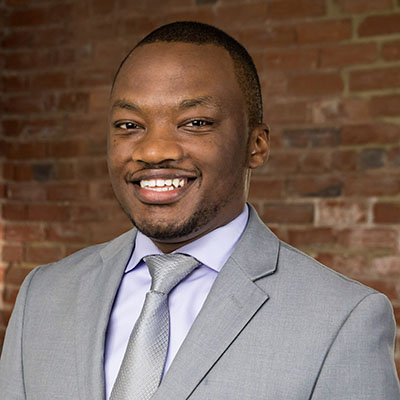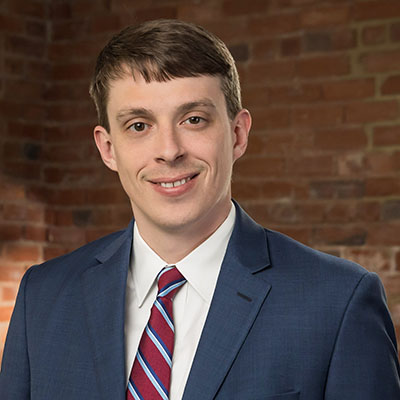When you have been injured in a car accident, one of the first questions that needs to be answered is: who is at fault? In other words: Who caused the collision? Who is liable for the injuries that have resulted?

By their very nature, accidents are unintentional. Thus, the common theory of fault is what lawyers call negligence. “Ordinary or simple negligence is failure to use that degree of care which an ordinarily prudent person would exercise under the same or similar circumstances to avoid injury to another.” This means that when trying to decide who is at fault for a crash, we need to ask ourselves what “an ordinarily prudent person” would have done in a similar circumstance.
If the actions of the person who is the subject of the question fall beneath the standard of care that would have been exercised by an ordinarily prudent person in that circumstance, then the person will most likely be found liable for the accident. They don’t need to have done it on purpose. But how is this crucial question decided?
At the scene of the accident
A right to bring a claim for personal injuries against another driver, also known in Virginia as a cause of action, arises immediately upon the conclusion of the accident. At the scene, the driver that caused the crash may admit fault. (e.g., by admitting to running a red light and colliding into another car).
In other cases, fault is determined by a police officer responding to the scene of the accident. By interviewing witnesses, examining the scene, and other investigative tactics, the officer may conclude that a particular driver was at fault for causing the crash. The officer’s determination of fault is often expressed in a police report and a citation issued to the driver found at fault. While the conclusions reached by an officer who attended to the scene after the accident will not be determinative of the outcome in your civil claim, it can be taken into consideration when trying to determine who is at fault for a crash.

During negotiation
Once you hire a lawyer to represent you for your personal injury claim, that lawyer will act as your advocate before the insurance company. Once a case is submitted for evaluation to the insurance company, there will be a series of negotiations to attempt to resolve the matter.
During these negotiations, the question of fault is often the first one that needs to be answered. Your attorney and the insurance adjuster will look to the facts of the accident as gleaned from the police report, recorded statements by the drivers, witness statements, and pictures depicting where the cars ended after the crash. All this evidence will likely point towards the negligence of one driver. If the evidence is crystal clear, the parties to the case will agree on who is the at-fault driver and move on to argue over the extent and value of the damages sustained by the injured party.
Civil litigation
When negotiations fail to resolve the issue of who is at fault and thus liable to the injured party, the question needs to be settled by the courts. In Virginia, civil litigation ordinarily begins with filing a Complaint or Motion for Judgement with the appropriate court. The appropriate court is generally the court that has jurisdiction over the area in which the accident occurred. Eventually, after the lawsuit has been initiated, the parties will get a trial date from the court. Civil cases are tried either before a jury or before a judge. That jury or judge, as the case may be, will decide the question of fault after all evidence has been presented.
While the lawsuit is pending the parties can explore Alternative Dispute Resolution (ADR) options to resolve the question of liability. Common ADR options include mediation and arbitration. Due to the numerous and complex ways of resolving the issue of fault, it is highly advisable to consult with a personal injury attorney when you have been injured in a car accident.
If you have been injured in an auto accident through no fault of your own, call the experienced attorneys at Allen & Allen for a free consultation, at 866-388-1307.




